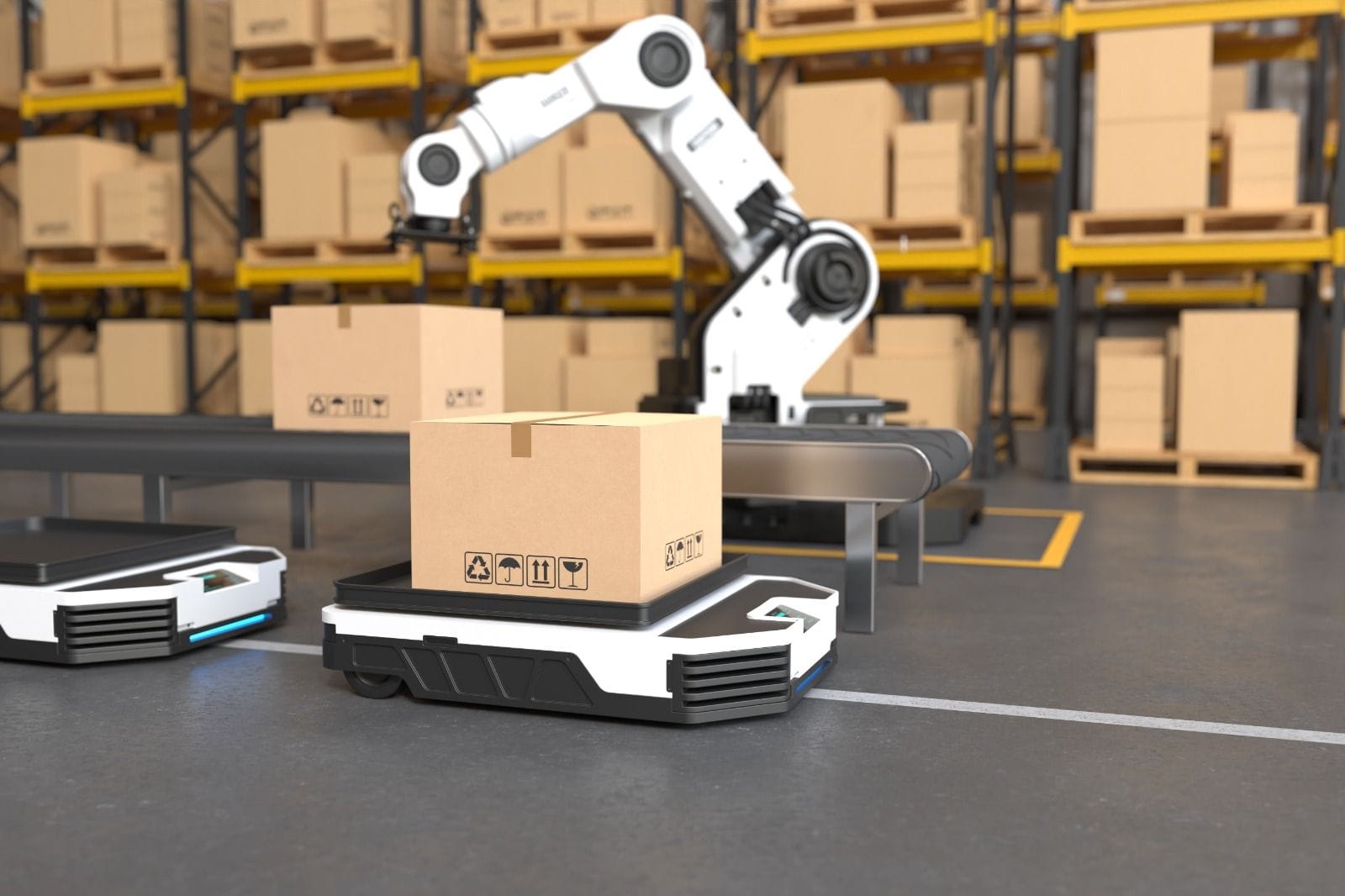How Technology is Disrupting the Moving Industry
The integration of new technologies into the moving industry is reshaping how businesses operate and how customers experience the moving process.
The moving industry, often considered slow to embrace new technology, is now experiencing a significant transformation. Driven by digital platforms, automation, and advanced logistics, this sector is evolving to become more efficient and customer-friendly.
These innovations are making moving more streamlined and accessible, ultimately benefiting both customers and moving companies.
1. Digital Platforms Simplifying the Process
One of the biggest disruptors in the moving industry is the rise of digital platforms that connect customers directly with moving companies. These platforms streamline the process from start to finish—allowing users to compare services, book moves, and manage their schedules all in one place. TopHelpers, for instance, is a platform that allows customers to easily find and hire movers based on their specific needs, making the process smoother and more transparent.
These platforms benefit consumers by offering a wide range of options, and they also help moving companies increase their visibility and secure more business, thanks to user reviews and ratings.
2. Automation and AI-Powered Logistics
Automation is revolutionizing how moving companies operate on a daily basis. AI-powered logistics systems can analyze traffic patterns, recommend optimal routes, and even predict potential delays. By using AI, companies can reduce travel time and costs, offering customers faster and more efficient services. This technology also enables moving companies to better allocate resources, ensuring the right crew size and materials are available for each move.
AI isn’t just limited to logistics. It’s also being used to optimize customer service. Chatbots and automated systems are helping companies respond to customer inquiries faster, improving communication and overall satisfaction.
3. Real-Time Tracking with IoT
The Internet of Things (IoT) is playing a key role in providing customers with transparency during the moving process. With smart tracking systems, companies can monitor their trucks in real-time, giving customers precise updates about the location and status of their belongings. This significantly reduces the anxiety that often comes with moving, as customers can see exactly when their items will arrive.
For moving companies, IoT devices help streamline operations by offering insights into vehicle performance, maintenance needs, and route efficiency. This data allows companies to optimize their services, reduce costs, and enhance customer satisfaction.
4. Zeta Moving: A Pioneer in Eco-Friendly Solutions
In recent years, sustainability has become a major focus for businesses across various industries, and the moving sector is no exception. Zeta Moving has been at the forefront of integrating eco-friendly solutions into its services. The company has introduced initiatives like using fuel-efficient vehicles and environmentally friendly packing materials to reduce its carbon footprint.
By adopting these green practices, Zeta Moving not only contributes to environmental conservation but also appeals to eco-conscious customers. The integration of sustainability into the moving process is becoming a growing trend, helping companies align with consumer expectations while doing their part for the planet.
5. Virtual and Augmented Reality (VR/AR)
Another exciting development in the moving industry is the use of Virtual and Augmented Reality technologies. Moving companies are utilizing VR to offer virtual home tours for estimation purposes, eliminating the need for in-person visits. Customers can now simply upload a virtual tour of their home, and moving companies can provide accurate quotes without stepping foot inside.
This innovation not only saves time but also enhances safety, a crucial factor in the post-pandemic world. By embracing AR and VR, companies are improving the convenience and accuracy of their services, benefiting both customers and businesses alike.
6. Blockchain for Secure Transactions
Blockchain technology has the potential to add a layer of security and transparency to the moving industry. With blockchain, moving companies can create smart contracts that automatically execute when specific conditions are met, ensuring that both customers and companies fulfill their obligations. This technology can make transactions faster, safer, and more transparent, eliminating disputes over pricing or service quality.
For example, blockchain-enabled contracts could release payment once the customer confirms that the move was completed successfully. This not only enhances trust but also simplifies the entire transaction process.
Conclusion
The integration of new technologies into the moving industry is reshaping how businesses operate and how customers experience the moving process. From AI-powered logistics and smart tracking with IoT to sustainable practices and virtual estimation tools, these innovations are driving efficiency and transparency.
Companies like TopHelpers are streamlining the hiring process, while industry leaders like Zeta Moving are championing eco-friendly initiatives. As the moving industry continues to embrace these advancements, customers can look forward to a more efficient, transparent, and eco-conscious experience. The future of moving is not only smarter but greener, and those who adapt will thrive in this evolving landscape.







